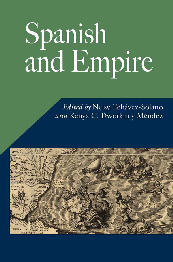 _ _ Review by Nelsy Echávez-Solano, Kenya C. Dworkin y Méndez (from their “Introduction: Revisiting Spanish and Empire”), and Luis Martín Estudillo and Nicholas Spadaccini (from their "Afterword: Spanish among Empires") _ _ " ... the contributions of both Juan Carlos Godenzzi and José Giménez Micó (sic) maintain that Spanish was and continues to be an "imperfect" but important code for communication and that Quechua and Quechua-inflected or "cholified" Spanish are used as a resistance strategy and serve in the construction of intranational selfhood and, perhaps, nationhood, as well. (p. xxi) _ ... José Antonio Giménez Micó connects Arguedas' posthumous novel El zorro de arriba y el zorro de abajo and its use of a "corrupted" language with current polemics regarding Peruvian identity. Giménez Micó argues that despite a growing official recognition of cultural and linguistic divewrsity in the Andean nation during the last few decades, there persists resistance from certain groups to the emergence of "Chicha culture," one shaped by the encounter of Andean migrants to the coastal cities of Peru who express themselves through a "Babelian" Spanish wich does not follow the normative standard. This is said to have been anticipated by Arguedas int he approach to deterritorialization which vertebrates his novel and illustrates a complex social conflict which goes beyond "the unequal relationships between two languages--or two varieties of the same language." (p. 251) |